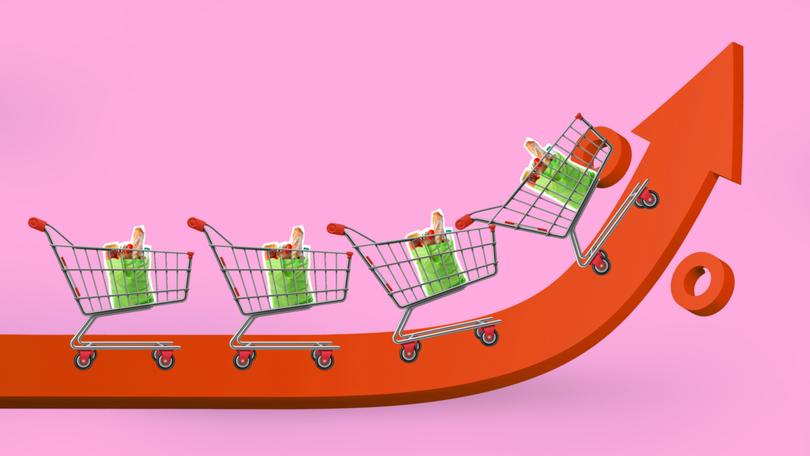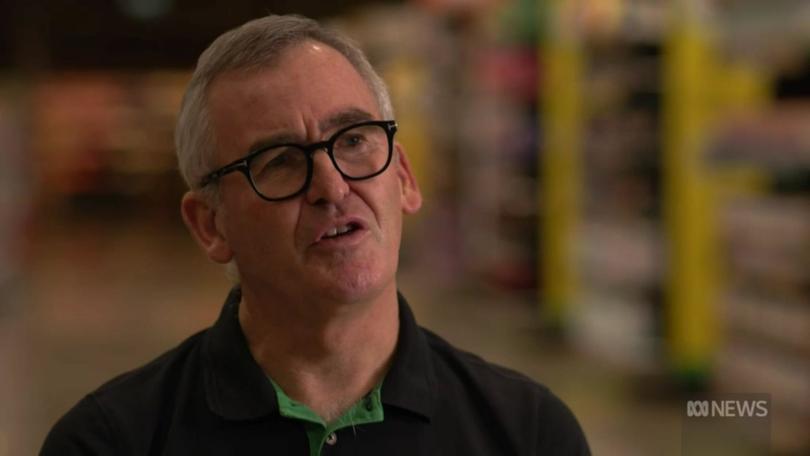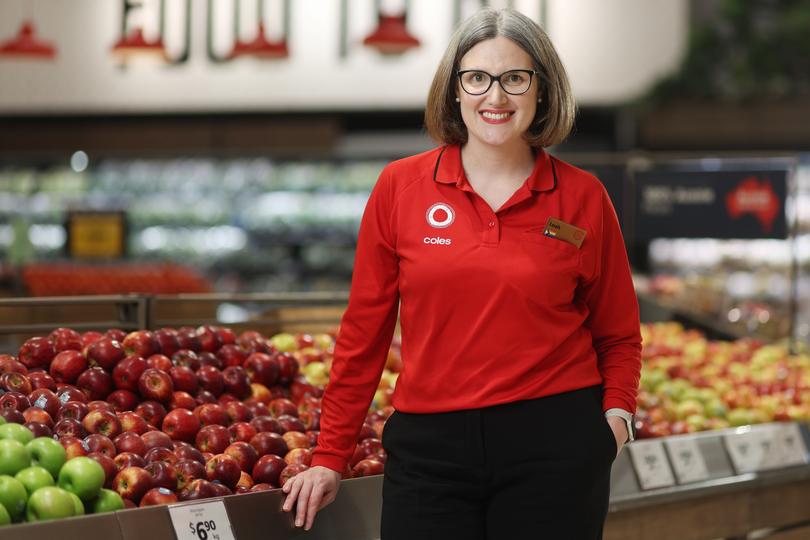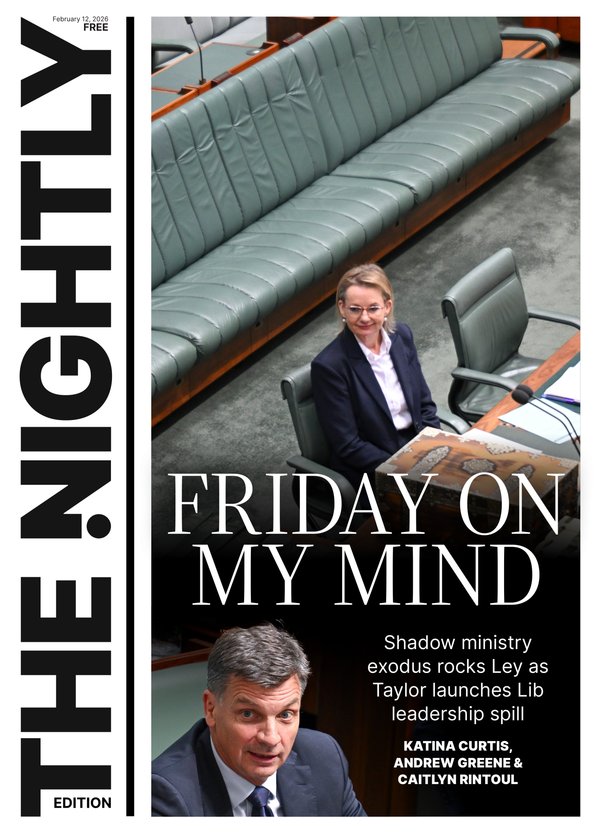Woolworths and Coles greed blamed by shoppers hit by price rises in cost-of-living crisis
A new survey reveals you’re not alone if you think you’re being ripped off at the checkout counter. And plenty of other Australians want to see some big changes in our supermarkets.

Australians overwhelmingly blame supermarket price gouging for pushing up their grocery bills and strongly support a government review into the sector’s biggest brands, which have experienced a marked crash in support.
New research from Society Advisory shows 68 per cent of voters say the supermarket giants are responsible for soaring food prices and 69 per cent want the government to intervene.
The national online poll of 1,500 voters, taken between February 19 and 23, revealed the criticism of supermarkets came from across the political spectrum.
Sign up to The Nightly's newsletters.
Get the first look at the digital newspaper, curated daily stories and breaking headlines delivered to your inbox.
By continuing you agree to our Terms and Privacy Policy.It comes amid mounting pressure on the retailers, whose actions are set to be examined in a series of enquiries, including a government-commissioned review of their code of conduct following widespread allegations of overcharging.
There have also been ructions at the top for market leader Woolworths, after CEO Brad Banducci stepped down last week following a trainwreck TV interview discussing the government inquiry.

Support for the two giants – Coles and Woolworths - had also collapsed from historic highs five years ago, said Society Advisory founding partner, Yaron Finkelstein. The survey factored net favourability by measuring the difference between respondents’ positive and negative opinion of the retailers.
“Our long-term work measuring their favourability shows they’ve gone from being very popular at around plus-70 (net favourable) five years ago, down to barely neutral at around plus-2,” Mr Finkelstein said.
“That’s a huge fall.”
Australians still rated the smaller supermarket chains, Aldi and IGA quite positively, at plus-42 (net favourable) and plus-39, respectively.
The new poll reflected a change in attitudes from shoppers who had previously pinned the blame for soaring food prices on specific events, said Mr Finkelstein, whose firm tracks social and cultural changes and predicts future trends.
After price gouging, a few (11-26 per cent in each case) also believe that natural disasters, overseas conflicts, industrial relations changes and suppliers may have had some effect.
However, the idea that “farmers are charging more for their produce” was rare, with just three per cent of respondents blaming farm-gate prices.
“Groceries are a large part of people’s thinking around cost of living but there is no single iconic problem in people’s minds anymore,” he said.
“They could name lettuces, bananas or potatoes in the past and tie them to a cause, like flooding or cyclones, but it’s across the board now.”

The findings came weeks after the release of an ACTU-commissioned report by economist and former consumer watchdog Allan Fels found a lack of competition led to Australians paying more for goods and services and argued for powers to break up corporate giants.
“What we have seen over recent years is a dramatic increase in costs paid by consumers,” the report said.
Describing Australia’s supermarket sector as among “the most concentrated in the world”, the report said: “We have heard stories of real hardship and sacrifice to make ends meet.”
Prime Minister Anthony Albanese last week acknowledged the two supermarket giants “have excessive market power” but said the government would not step in to divest the duopoly because such an action would resemble those of “the old Soviet Union”.
He said Australia would welcome more international players to help disrupt the 65 per cent hold on the Australian market taken up by Coles and Woolworths.
Nationals Leader David Littleproud said this ignored the fact that the US and UK governments had divestiture powers and Australia should not rule out “big stick” options.
The poll found that 69 per cent of voters supported a government review to pinpoint why prices were so high and to make recommendations for greater competition, regulation and price setting.
Just four per cent of voters opposed government intervention and 26 per cent were undecided.

